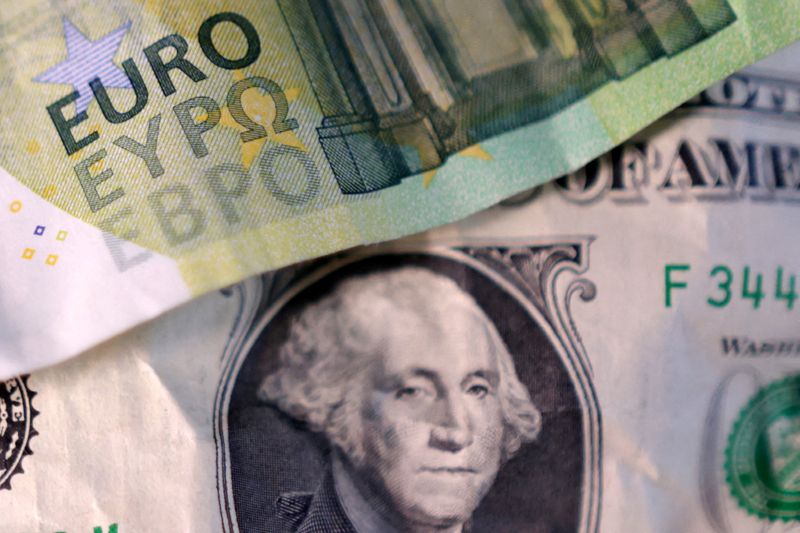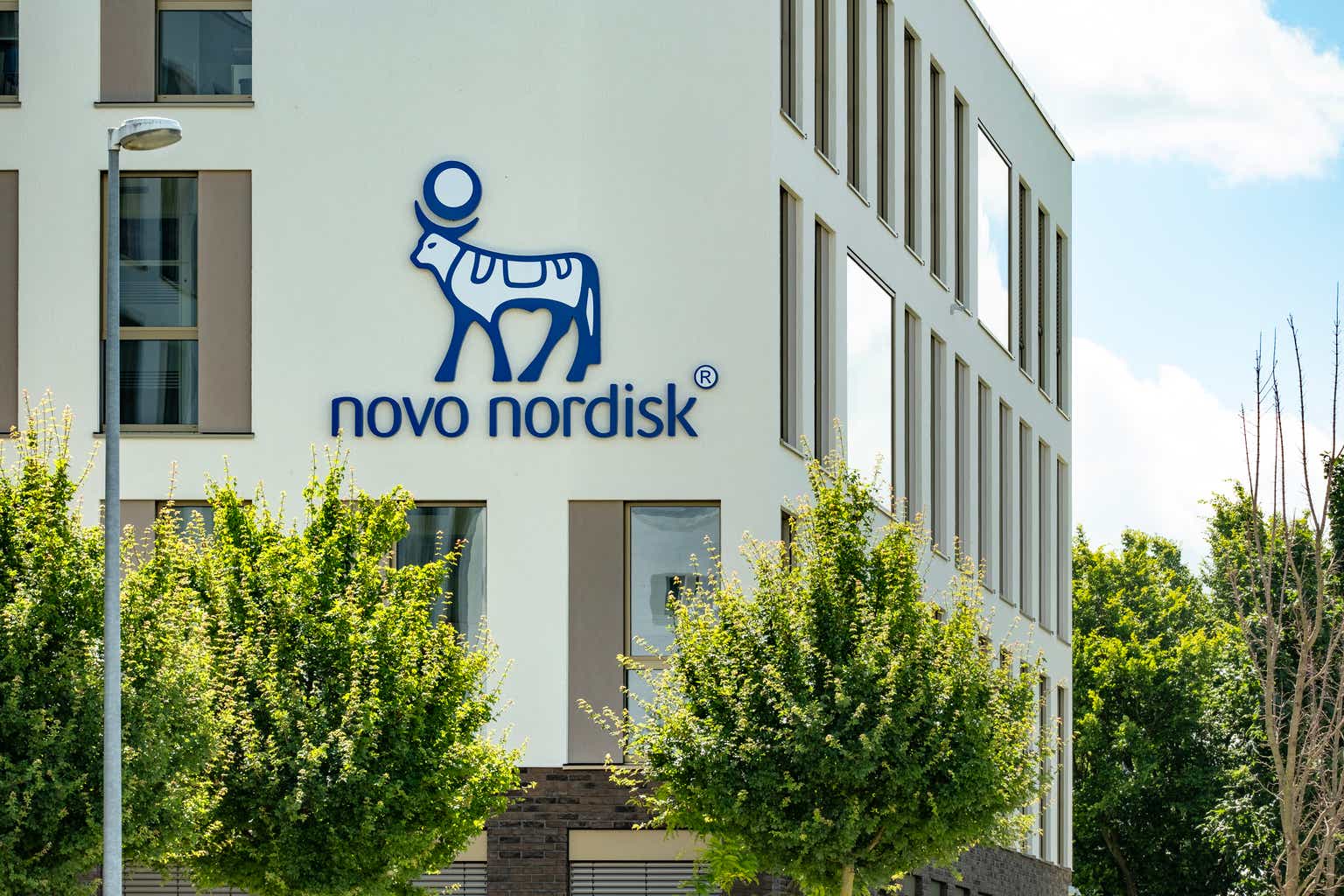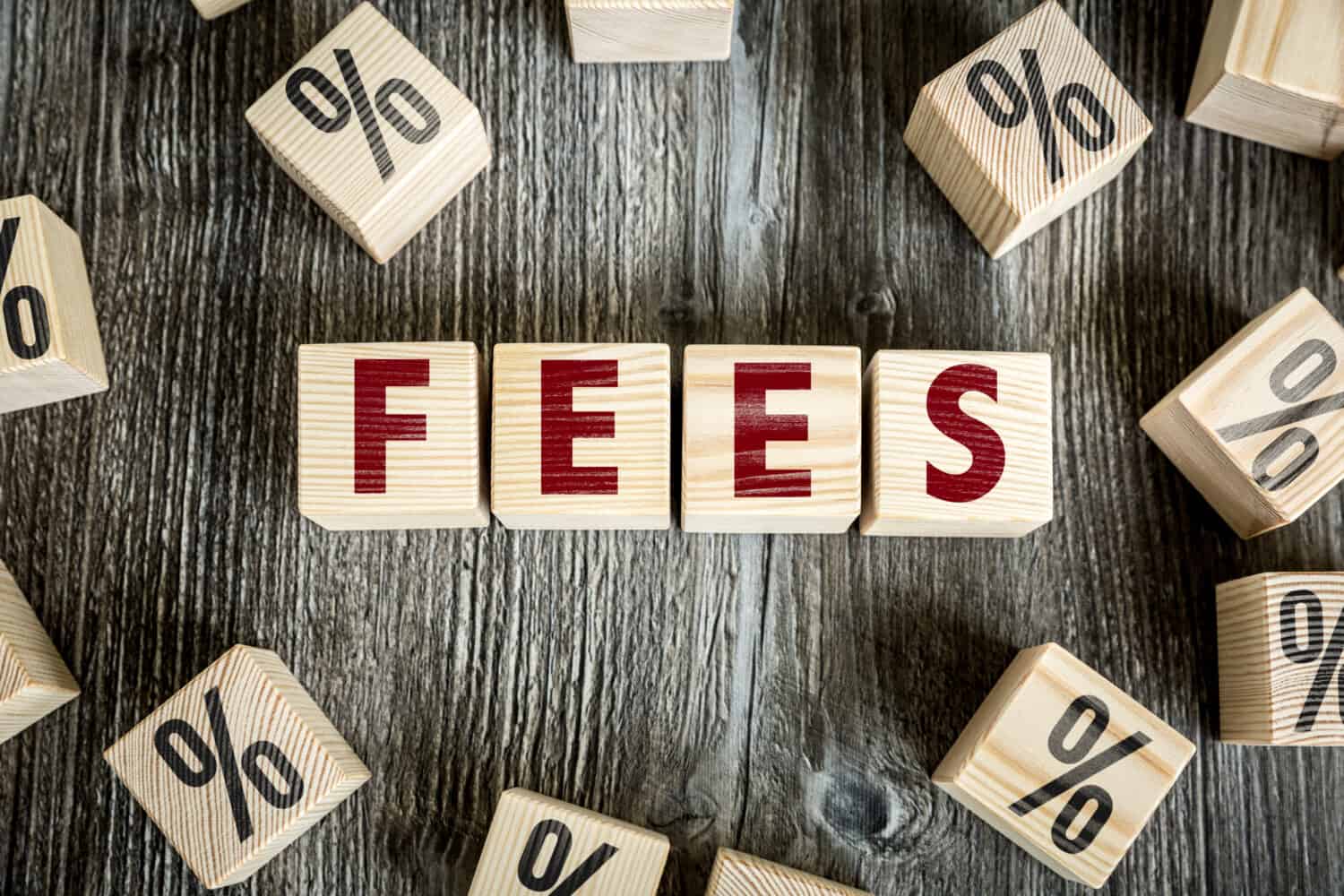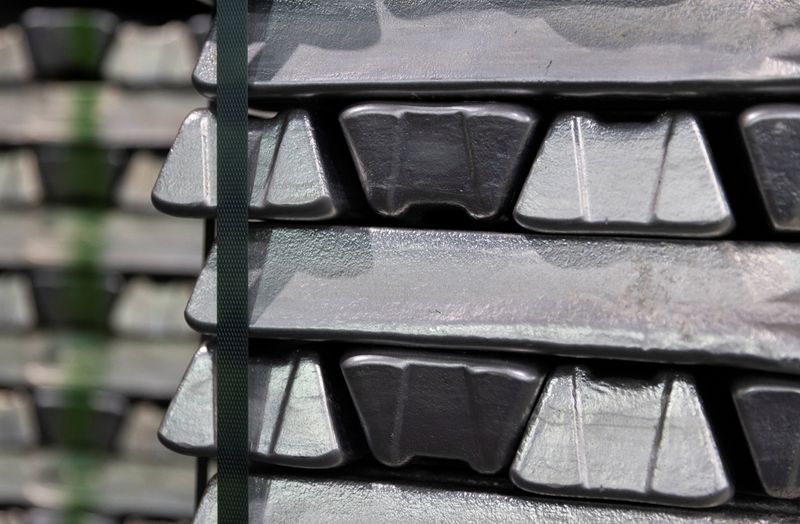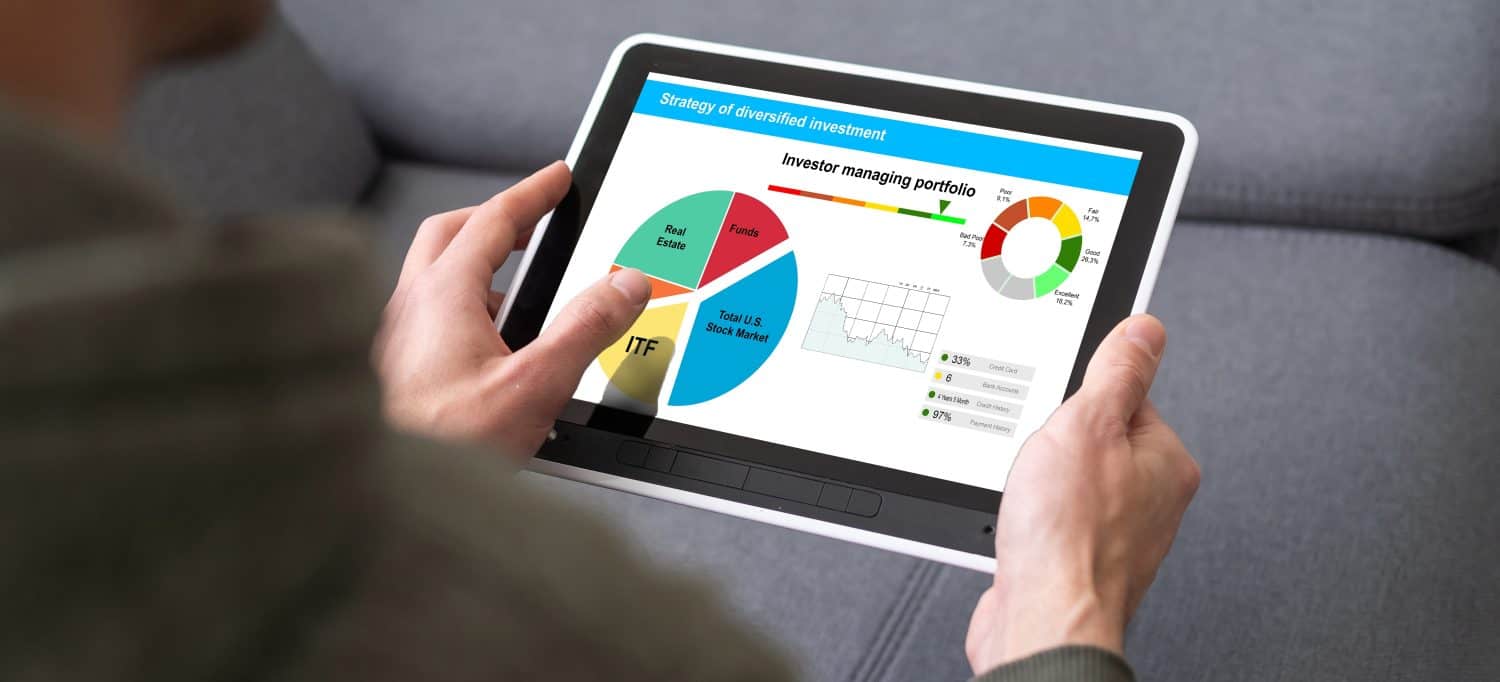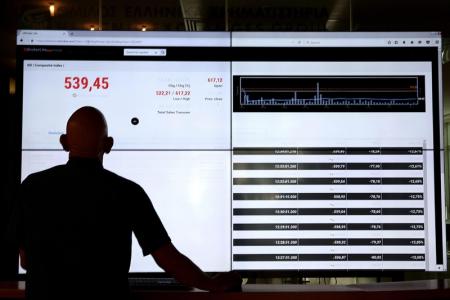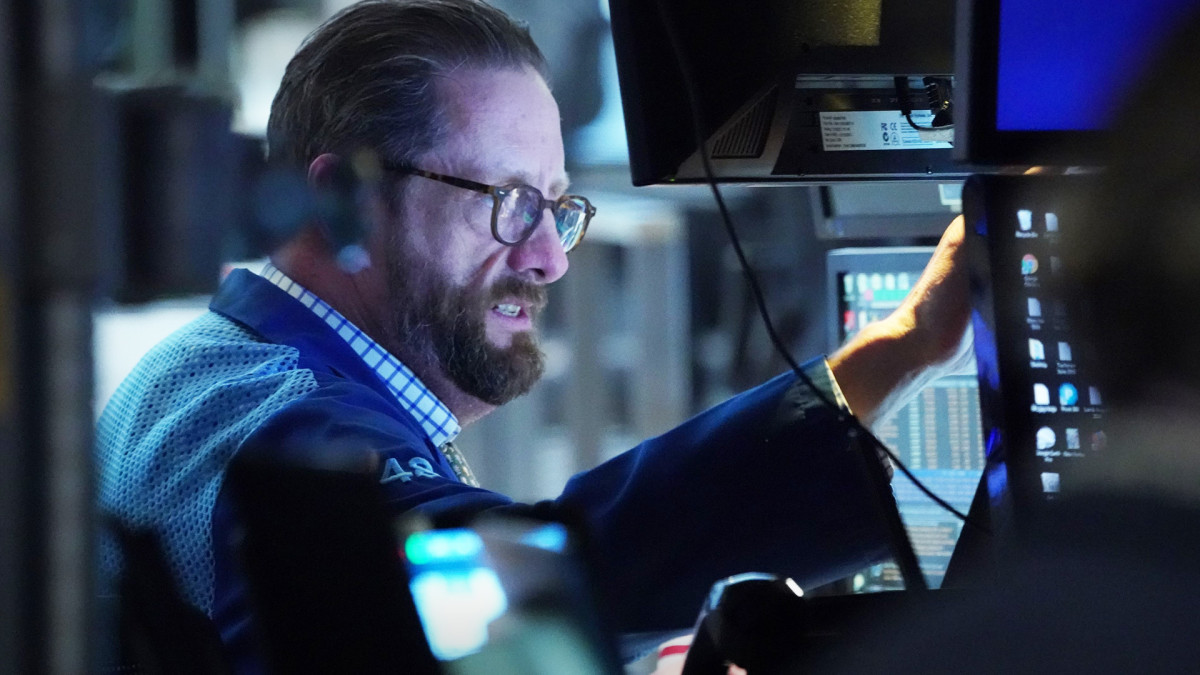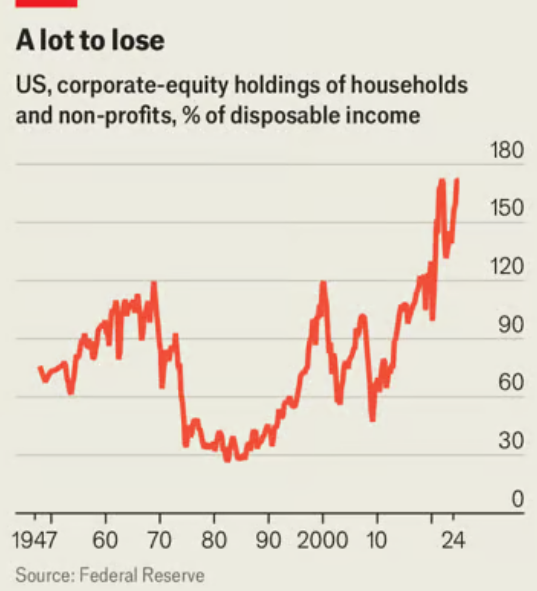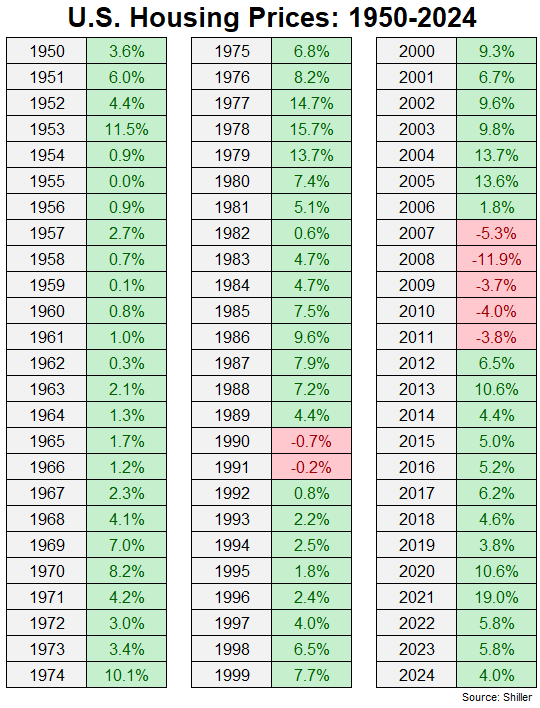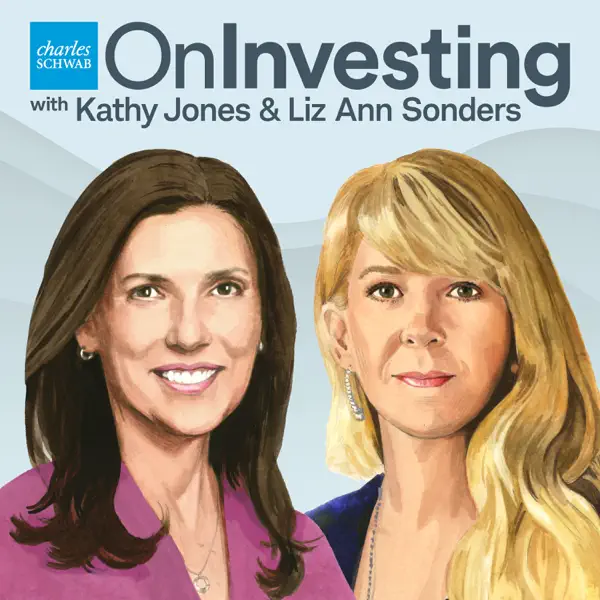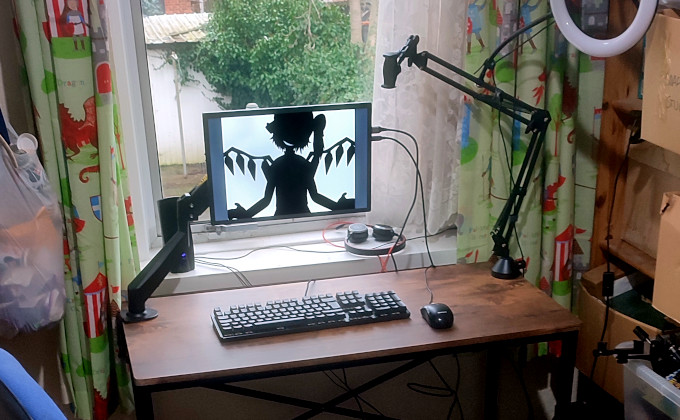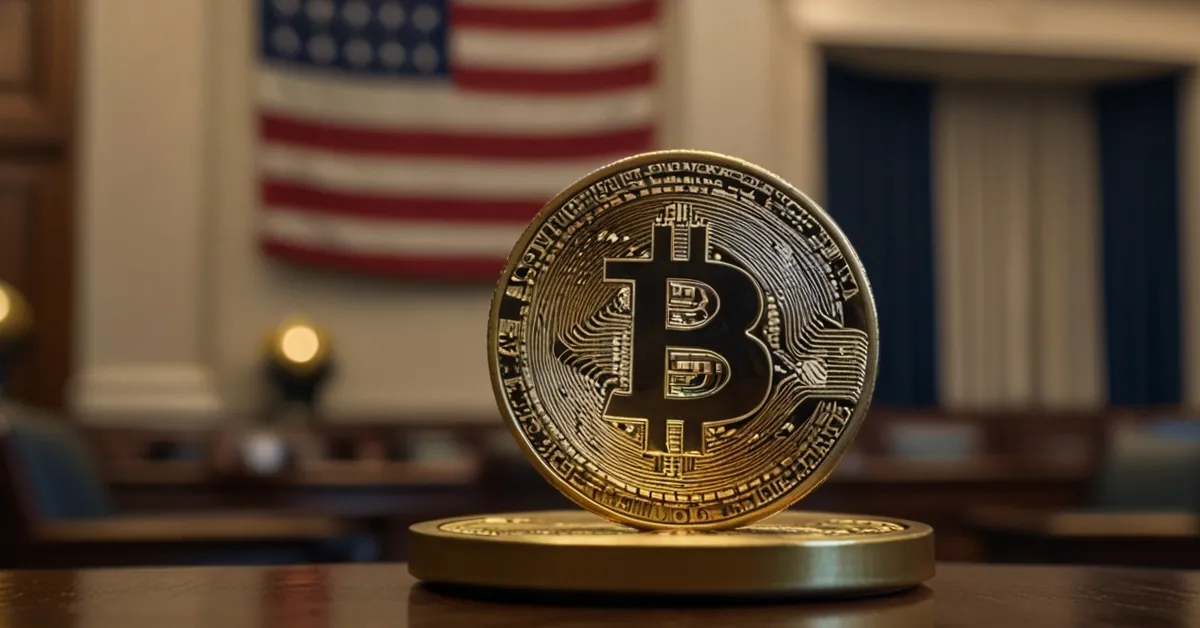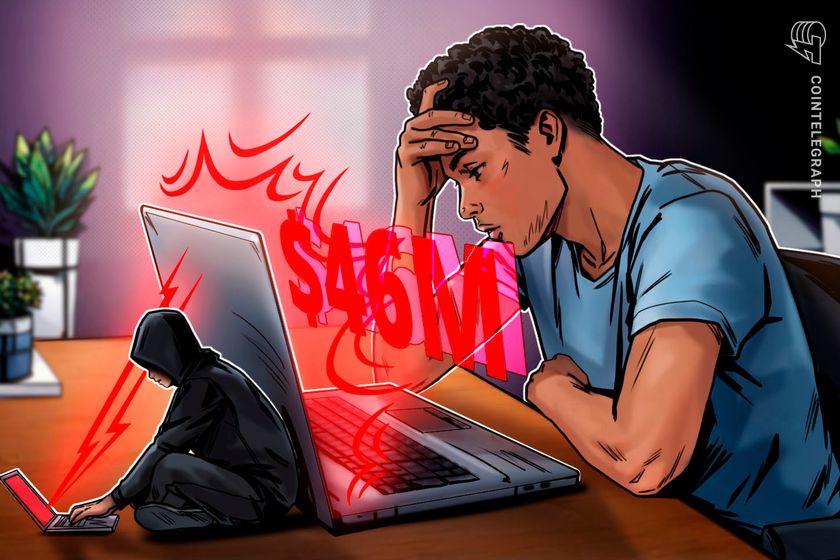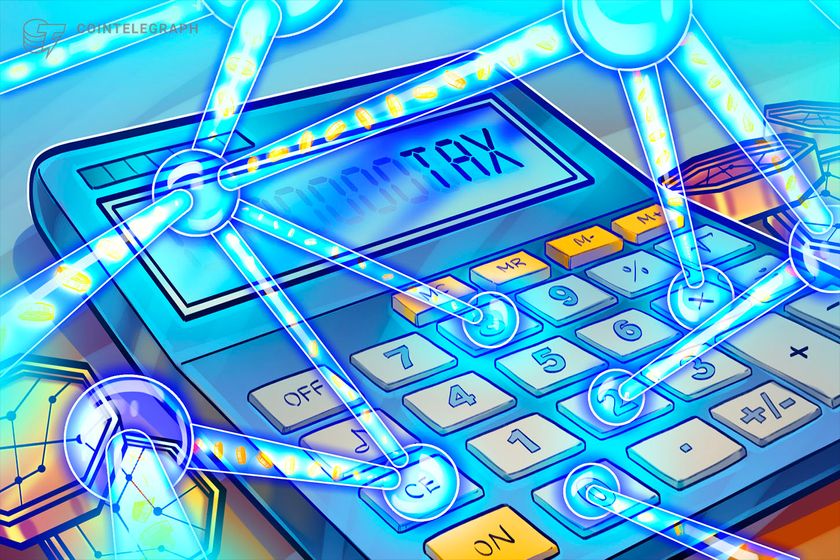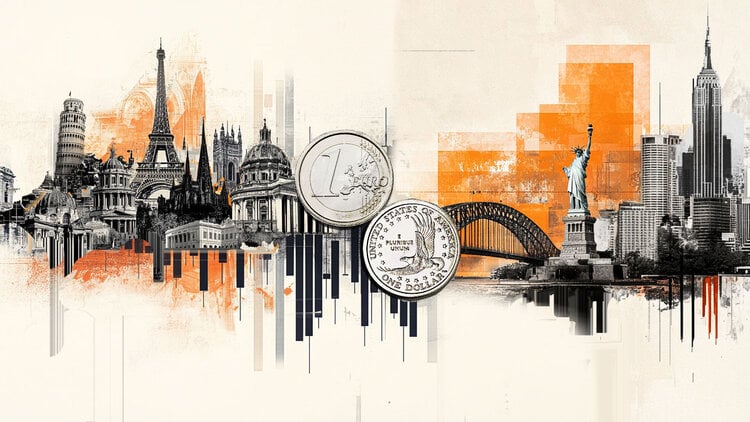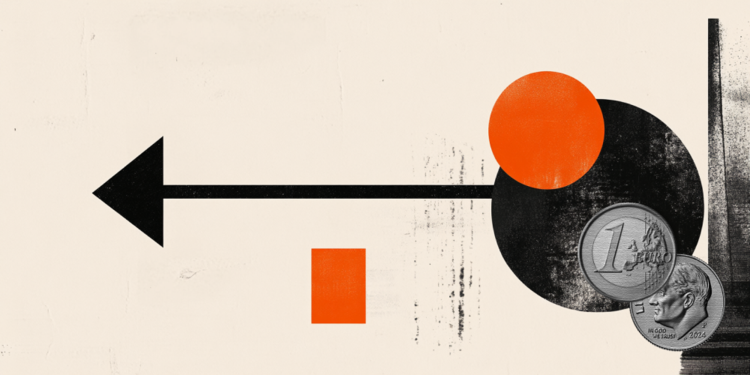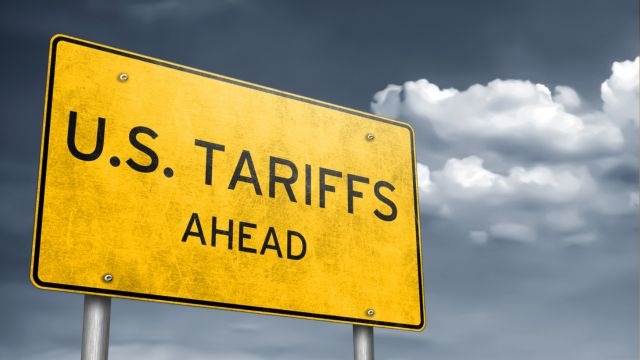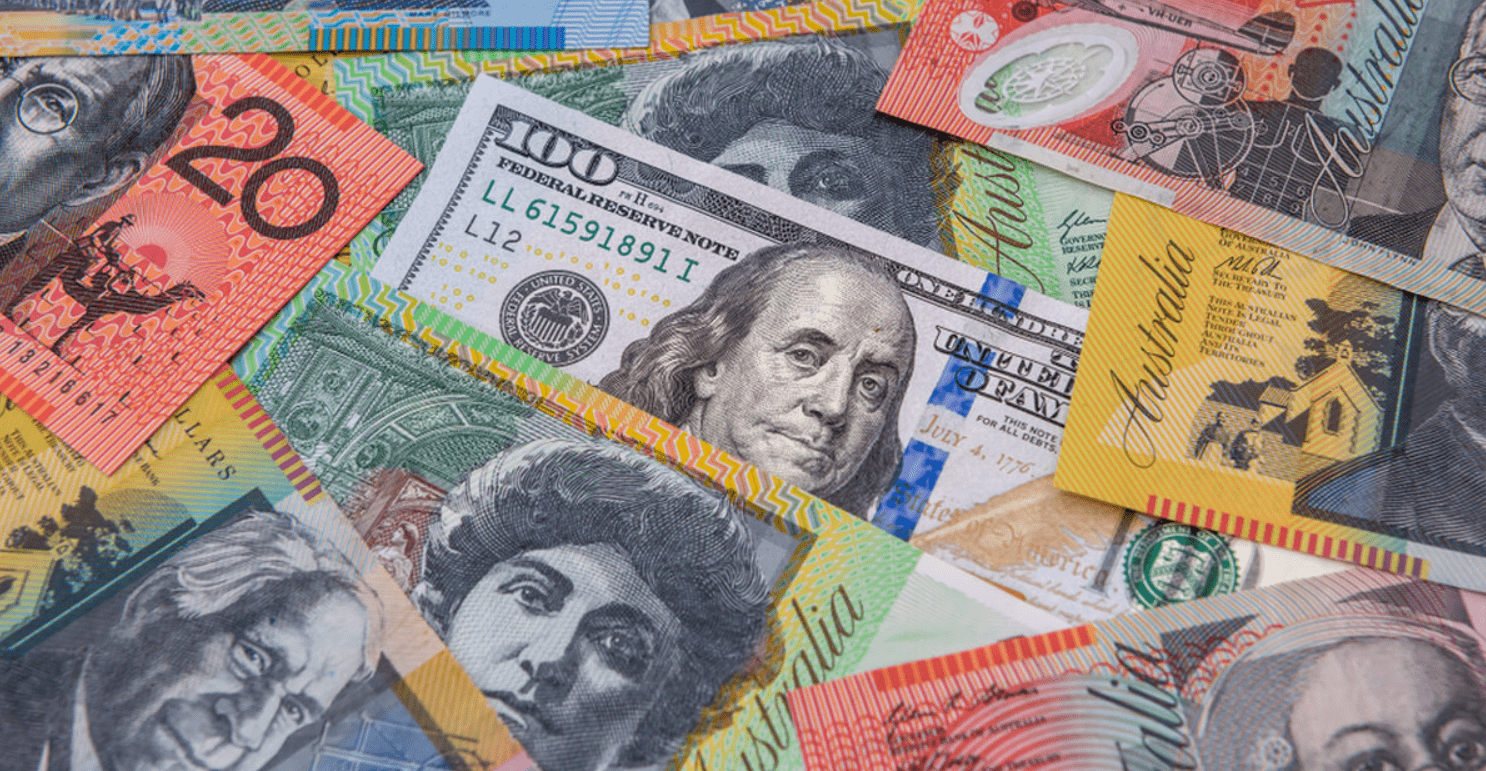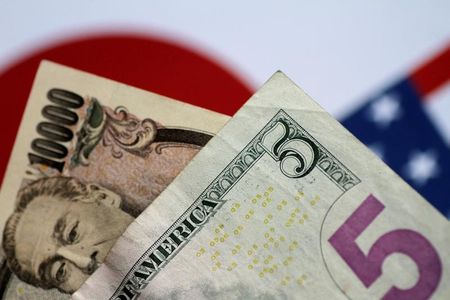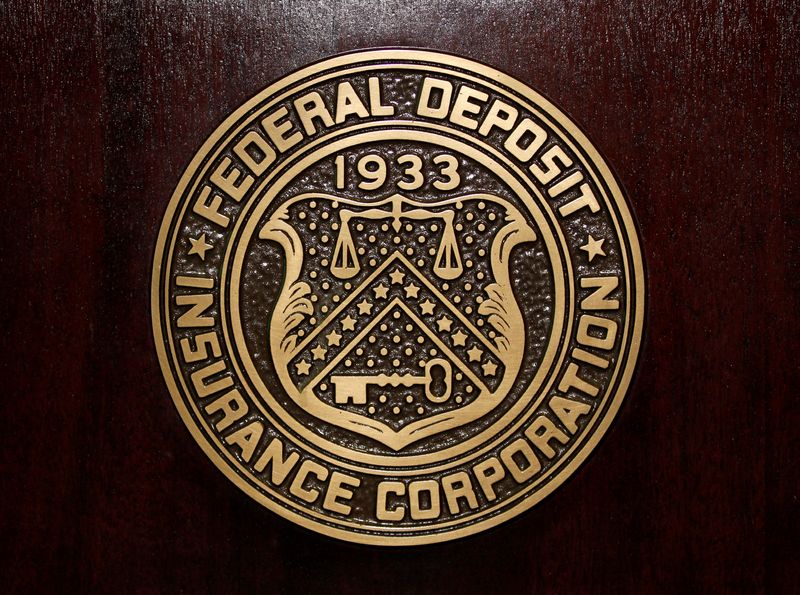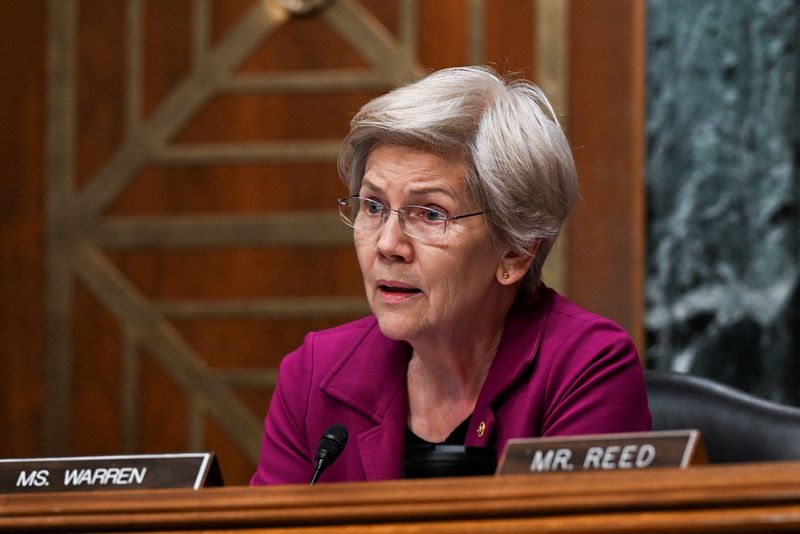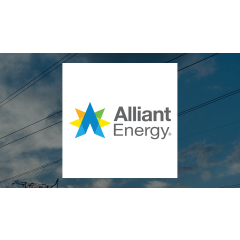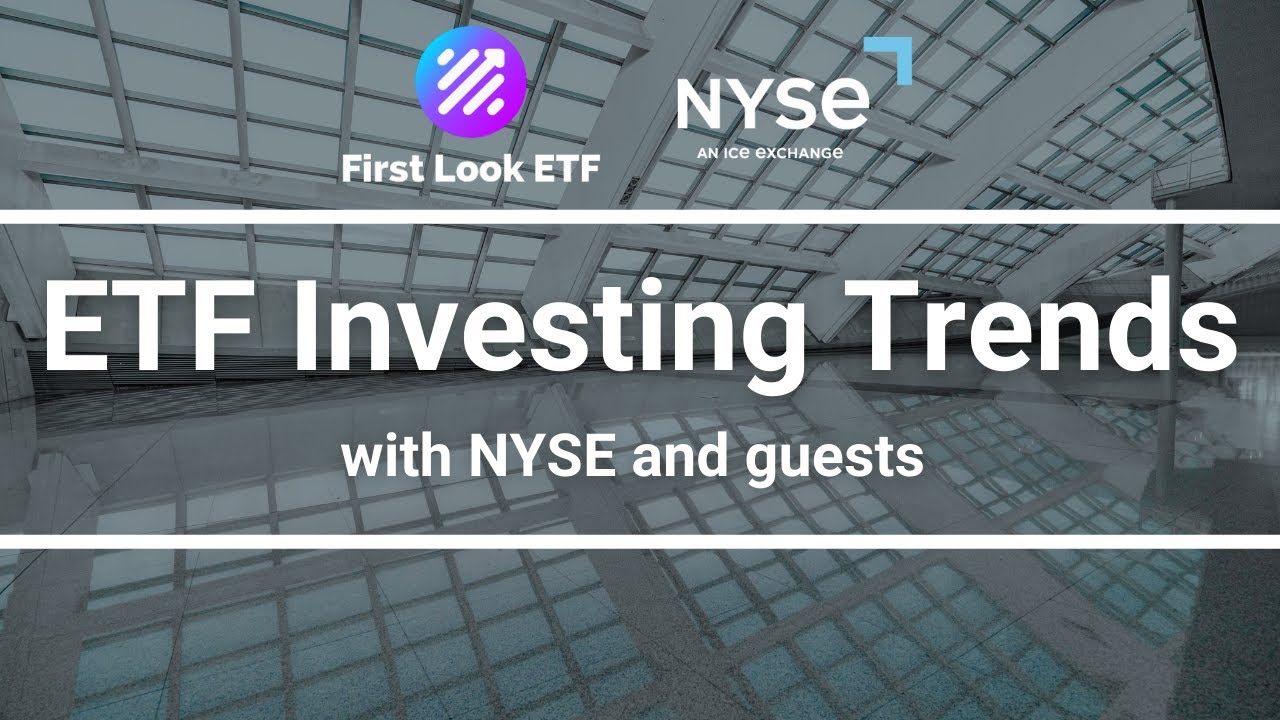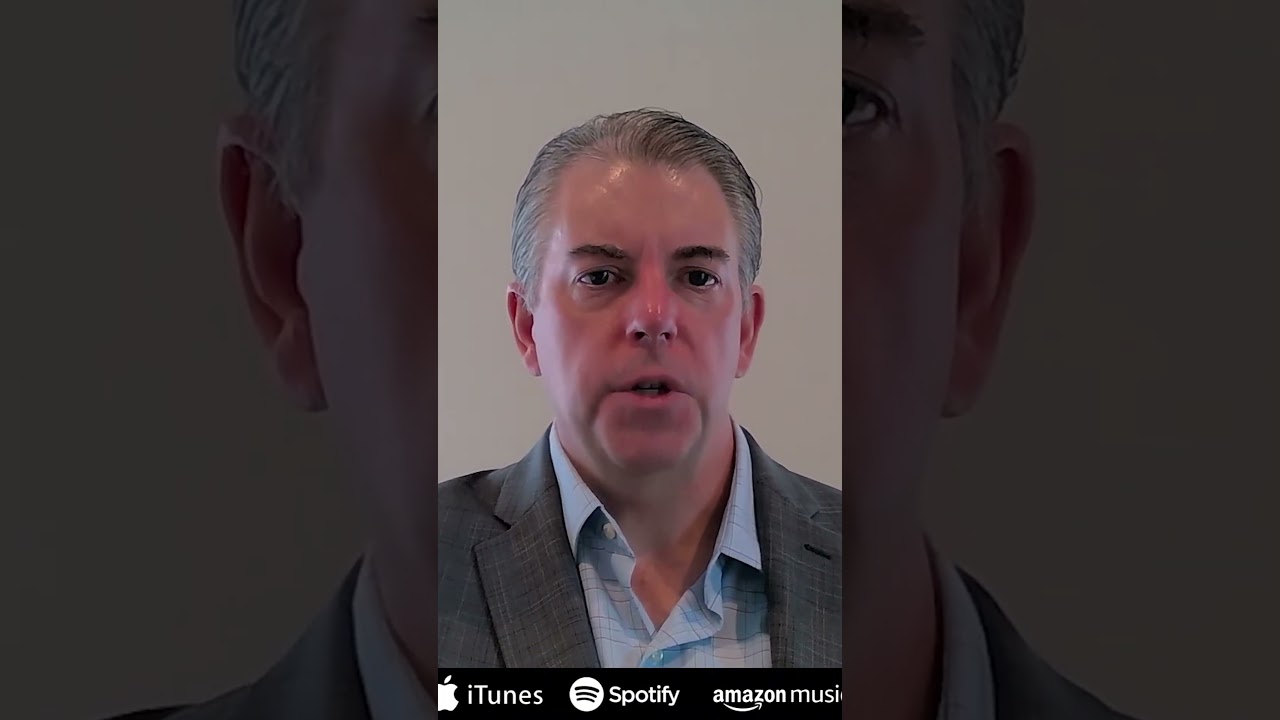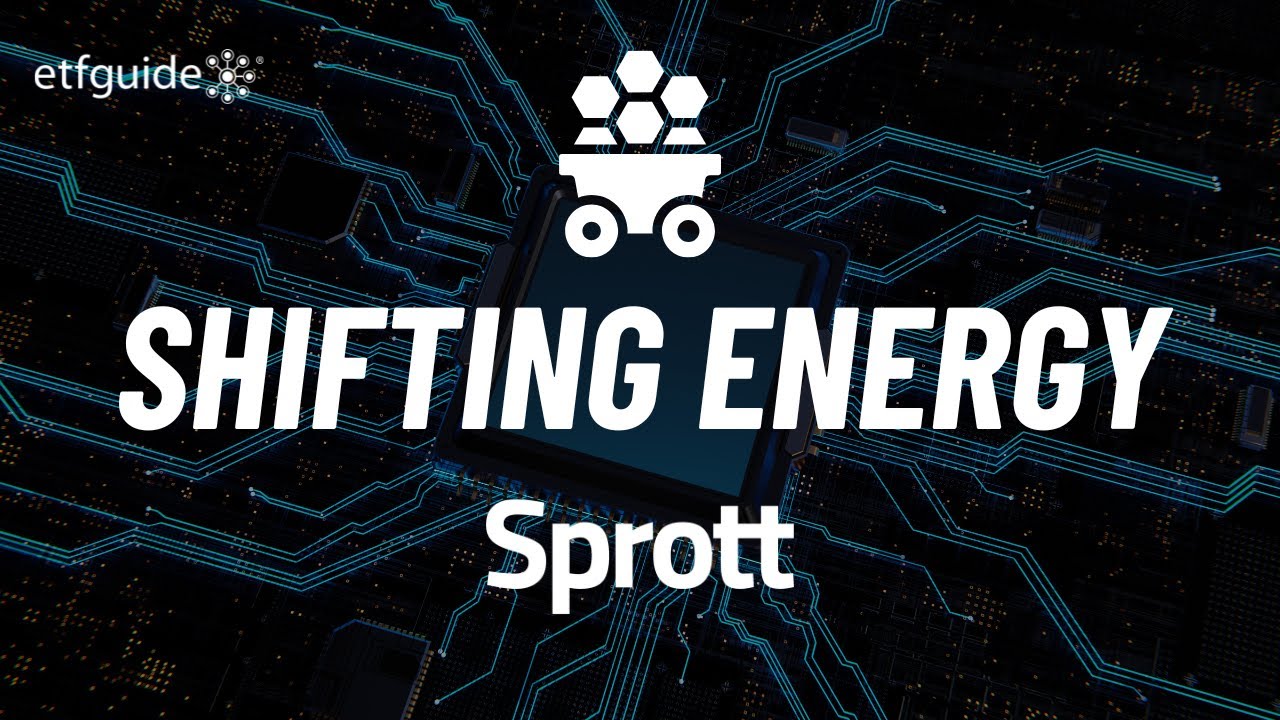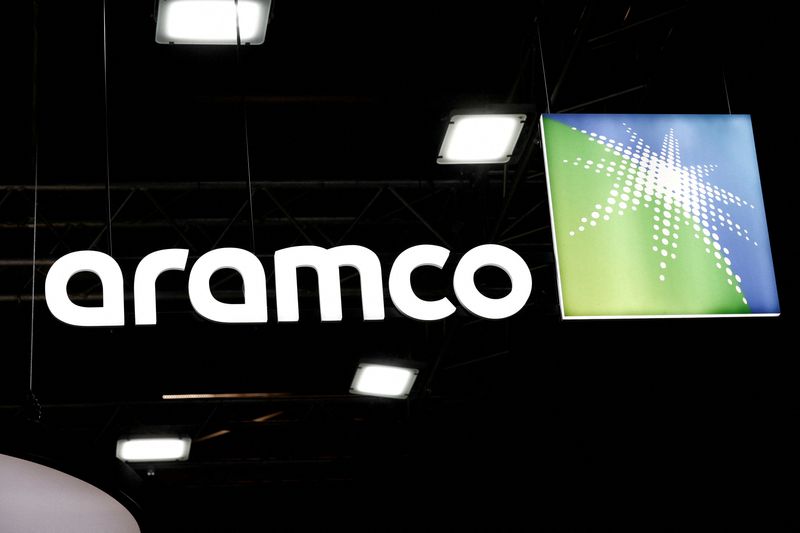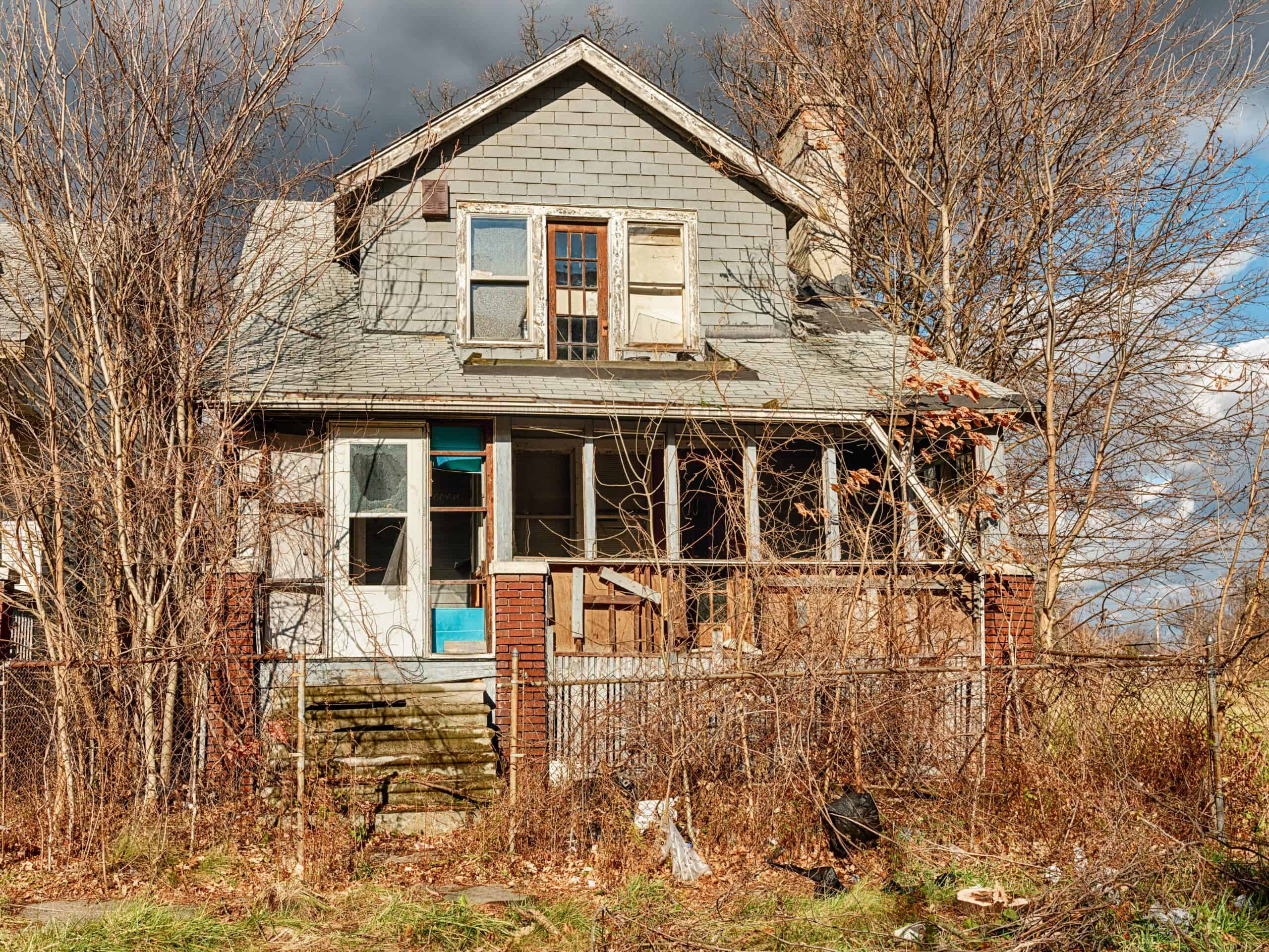I’m torn: Should I refinance my 8% mortgage to 7% with $2k in closing costs or stick with my current loan?
A Reddit user is currently trying to decide whether he should refinance his mortgage or not. He currently has a home loan at 8% on a 30-year fixed-rate mortgage. The current lender is offering a 30-year refinance at 7%. The loan comes with $2,000 in closing costs, but the lender is providing negative points that […] The post I’m torn: Should I refinance my 8% mortgage to 7% with $2k in closing costs or stick with my current loan? appeared first on 24/7 Wall St..
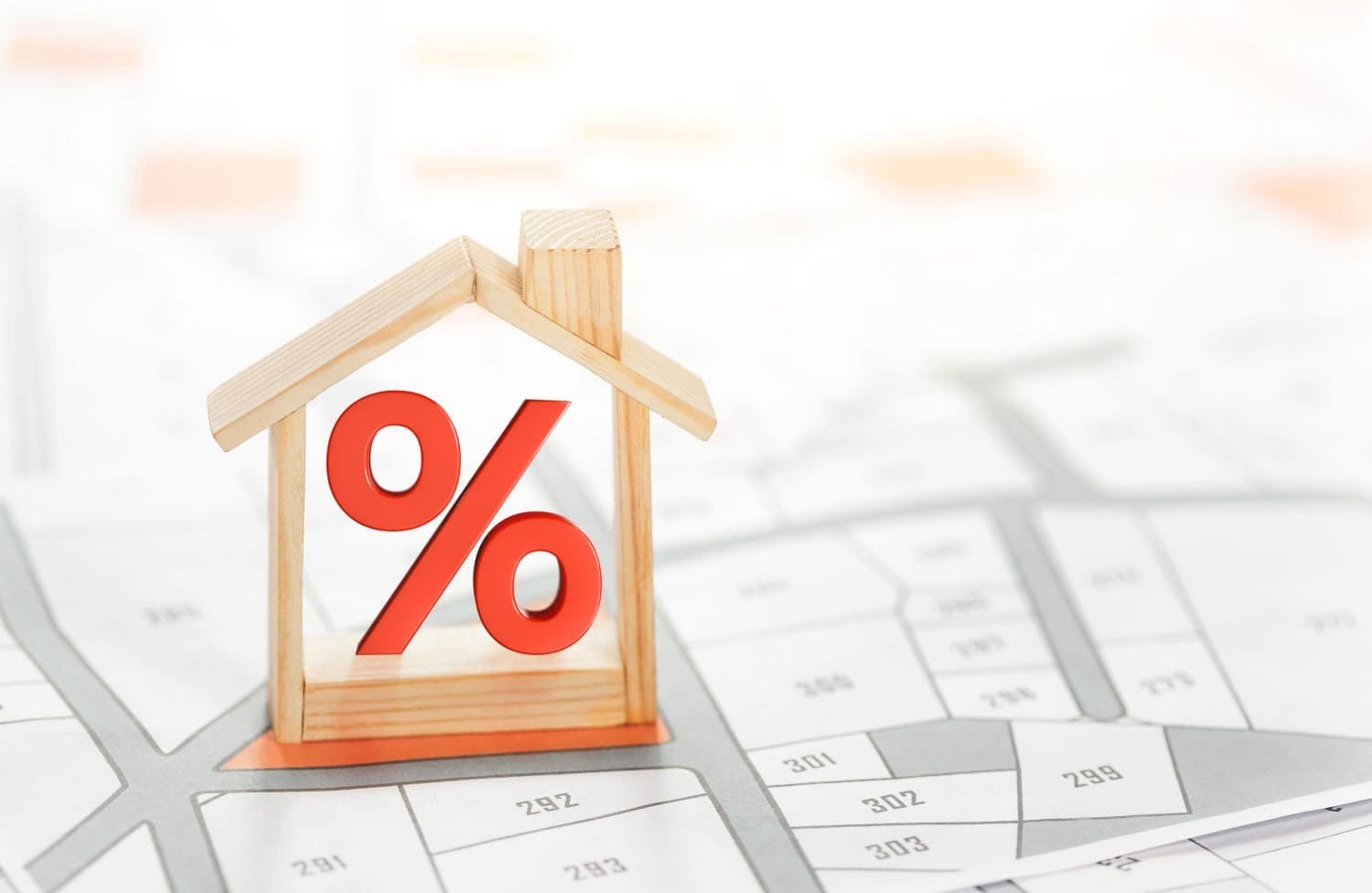
Key Points
-
A Reddit poster is considering refinancing his home loan.
-
His closing costs would be around $2K but he’d save around $200 a month.
-
The poster should calculate his break even point and make sure he’s getting the best rate before moving forward.
-
Are you ahead, or behind on retirement? SmartAsset’s free tool can match you with a financial advisor in minutes to help you answer that today. Each advisor has been carefully vetted, and must act in your best interests. Don’t waste another minute; get started by clicking here here.(Sponsor)
A Reddit user is currently trying to decide whether he should refinance his mortgage or not. He currently has a home loan at 8% on a 30-year fixed-rate mortgage. The current lender is offering a 30-year refinance at 7%. The loan comes with $2,000 in closing costs, but the lender is providing negative points that would offset the cost of the refinance.
He said he would save around $200 per month on the loan, but he’s not sure if he should bother since he’s only reducing his rate by 1%. He has also been paying on the loan for a year and a half already, and he would be resetting the clock by refinancing. So, what should he do?
Calculate the break-even point
When you decide whether to refinance a home loan early, the first thing you need to do is to calculate how long it is going to cost you to break even on the closing costs.
In this case, the closing costs are $2K, but the borrower would not actually have to pay anything out of pocket because the lender is offering the negative point. So, he would essentially “break even” immediately because he would not be out of pocket any money, nor would he raise his loan balance.
Of course, he would be paying a higher interest rate for the life of the loan because he’s paying the negative point. Since the closing costs are pretty low, he’d likely be better off paying them out of pocket so he can get the lowest rate possible.
He’s already saving over $200 a month, and his savings would be a little higher if he did that, so in less than 10 months, he’d have paid off the closing costs and would continue to save money every month going forward.
Shop around for the lowest rate
The poster may also want to shop around before he goes ahead with the refinance. Since he said his current lender is offering this rate, there’s a good chance he hasn’t explored to see what else is out there. It’s very possible he would be able to get an even better deal from another lender.
When you are borrowing a lot of money for a mortgage loan, even a small difference in rates can make a big impact on monthly payments and total costs over time. It’s rarely a good idea to just take the first loan that comes your way without checking to see if you can get a better deal.
The poster should compare both the interest rate and fees from at least three lenders to see if there is another loan out there that will cost him even less.
Consider whether waiting could pay off
Most experts believe mortgage rates are going to fall throughout the rest of 2025. As a result, the poster could wait a little bit longer and potentially get a better deal in the future. However, at the same time, you don’t necessarily want to delay forever if you are missing out on saving money in the meantime.
The poster may want to talk with a financial advisor about whether it is a good idea to wait a few extra months to refinance or whether he should move forward now.
If he can drop his payments currently and pay pretty low fees, it may make sense to just go forward now. If rates do continue to fall, he could refinance again in a year or so to get an even better deal.
Consider making extra payments for a while
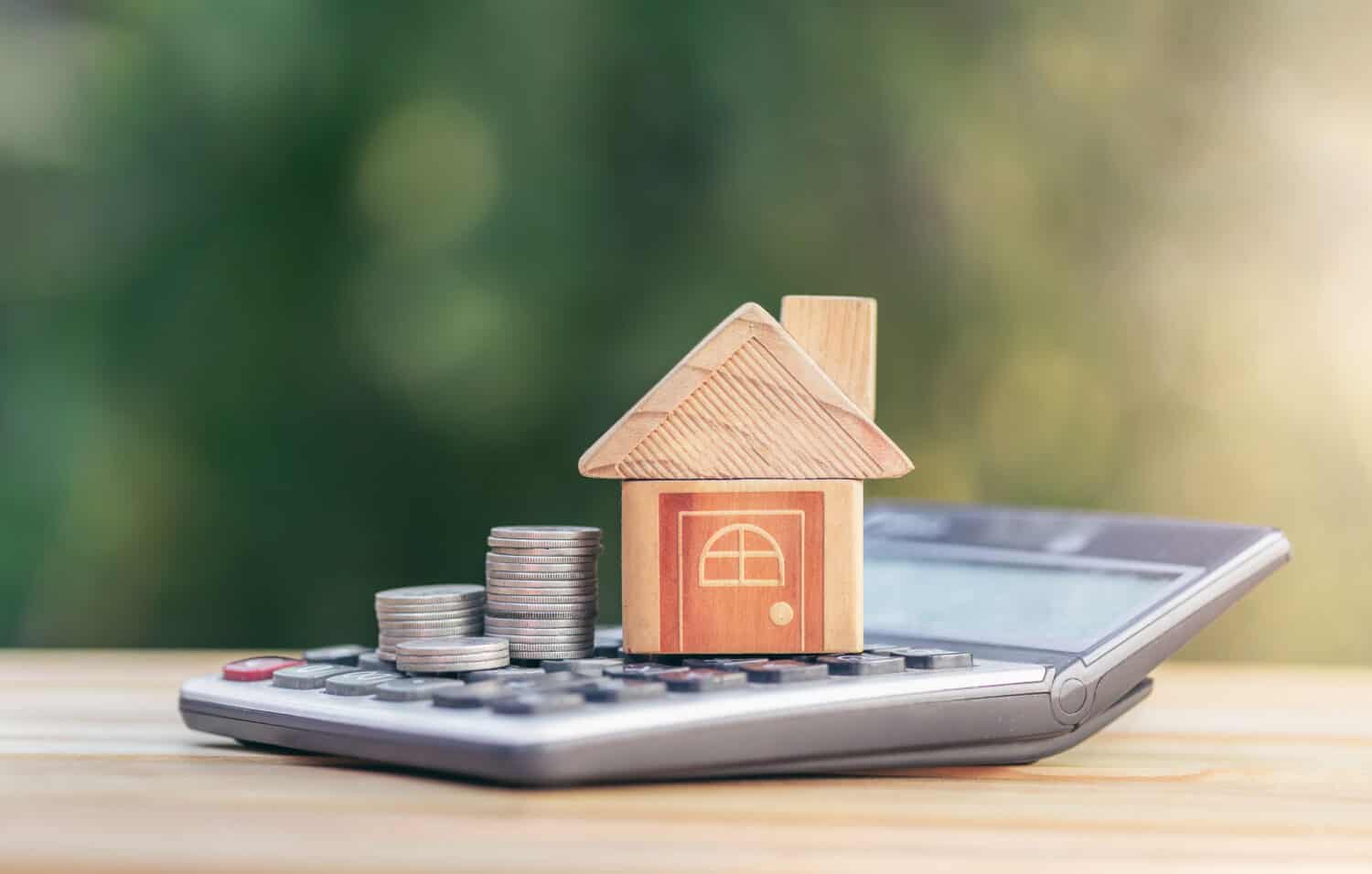
The Reddit user would also reset the clock on his mortgage payoff if he refinances. Since he’s already been paying the loan for a year and a half, resetting the clock and starting again would mean paying interest for longer and being in debt for longer.
However, he could offset this by continuing to make the payment he was making for a while. If he did that, he’d bring his principal balance down more quickly and could likely pay off his new loan within the same time, or even within a short time, because all the extra money would go to principal.
Ultimately, it seems like the Redditor has little to lose with the refinance deal because the closing costs are so low, and he could break even so quickly. Still, getting expert advice from a financial professional could be one of the best moves the Redditor makes, and it’s worth talking with an advisor before making the choice since mortgage debt is usually the largest financial obligation most people have.
The post I’m torn: Should I refinance my 8% mortgage to 7% with $2k in closing costs or stick with my current loan? appeared first on 24/7 Wall St..






